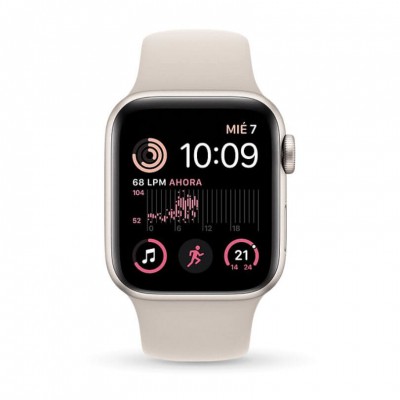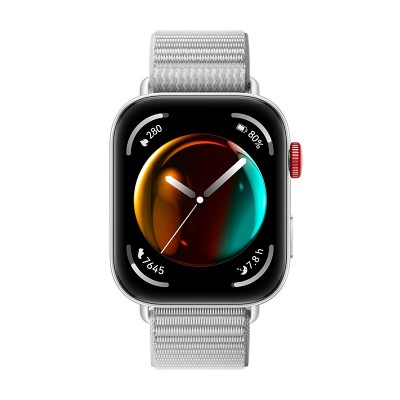That blissful abdominal pain that everyone suffers from on occasion when doing any sport that involves running, but no one really knows why it occurs. Some time ago there was a theory that this sharp pain was caused as a result of intestinal gas, hence the etymology of the word flatus. However, nowadays there are other theories about the hypothetical causes of flatus that demystify the previous one.
One of them states that this uncomfortable pain is produced as a direct consequence of the overload in the ligaments located in the diaphragm, originated by ascending and descending movements. Here, the diaphragm supports the thrust of the organs below it. Therefore, if you eat or drink more than you should, your stomach will be fuller and the thrust it exerts is greater due to its greater weight and the probability of suffering from flatus will be higher.
Another theory points to an insufficient blood supply to the diaphragm, the main muscle in charge of breathing. This hypothesis is to some extent related to food and/or drink intake, as the body would prioritize sending blood flow to the stomach, to the detriment of the diaphragm. However, this theory does not clarify why the pain is displaced towards the abdominal area.

One of the latest theories on flatus suggests that when the stomach fills, it rubs against the peritoneum, an extremely sensitive membrane, and the latter becomes irritated, causing the sharp pain.
In any case, none of these three hypotheses has been scientifically proven, so their validity is questionable and it is most likely that this pathology occurs as a result of an accumulation of circumstances yet to be determined.
How can you avoid flatus?
Although a priori it is difficult to predict whether or not the dreaded flatus will appear during the race, you can always follow a series of guidelines to minimize that risk. Here are a few tips:
- Control your breathing. Try to controlyour breathing and synchronize it with your running pace. In this way, you help the diaphragm avoid running out of oxygen.
- Eat well in advance. Do not eat food if there are less than 2 or 3 hours before the start of the race. In addition, you should avoid, as far as possible, foods containing a lot of sugar, fat and salt.
- Drink in small sips. It is advisable to hydrate yourself but always in short sips. If necessary, slow down or walk to be able to drink. Never drink carbonated beverages.
- Improve your running technique. The aim is to minimize the oscillations that occur when running. Good running technique and properly cushioned Running shoes go some way to preventing flatus.
What can you do if flatus occurs?
You're in the middle of a run or training session and all of a sudden you notice a watery twinge in your abdomen. That's that darn flatus again. Let's see what you can do in that situation:
- Bend your trunk slightly forward and press on the painful area of the abdomen. Most of the time this gesture is enough, making the flatus disappear after a few minutes, and you can resume your physical exercise.
- Tighten your abdominal muscles and breathe slowly. Continue in this way until the pain gradually vaya.
- If the pain is very acute, the most prudent and sensible thing to do is to stop immediately. There will be more days to train or more races to compete in. There is no need to torture yourself.
Photo resource: Rennett Stowe, Flickr under CC license I photo credit: Running. via photopin (license)
Read more news about: Sports Injuries



























